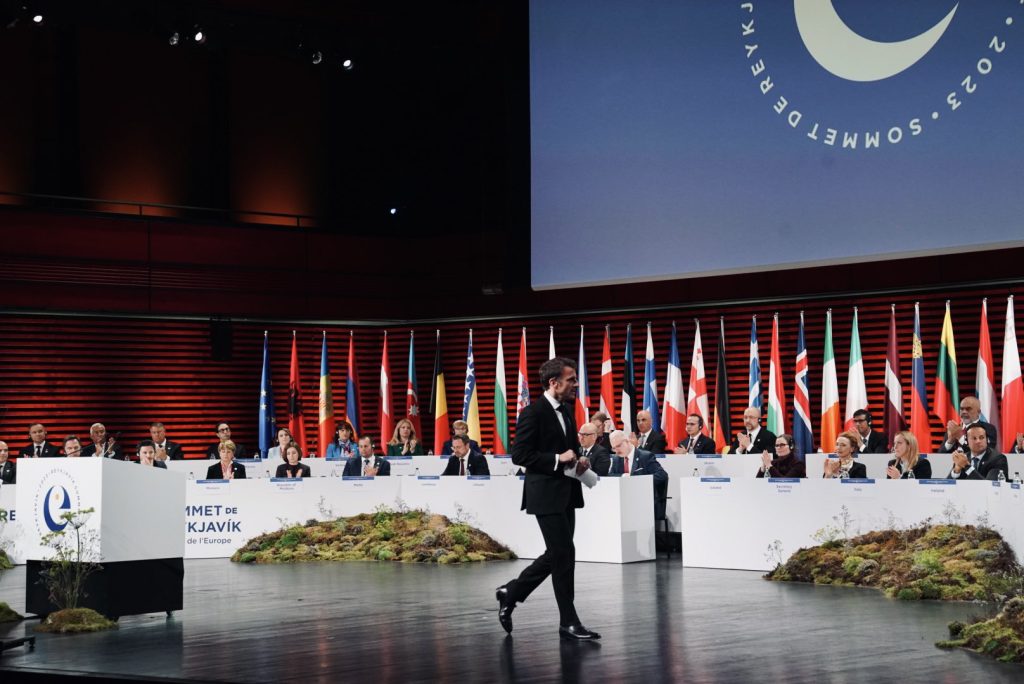Paris will be the centre of attention on 22 and 24 June 2023. TThis is because the French capital is hosting, on the initiative of President Emmanuel Macron, the Summit for a “New Global Financial Deal”, co-organised with India, which chairs the Group of Twenty most developed countries (G20). The summit is being organised at a time when the world is going through a number of crises, including the repercussions of the Covid-19 pandemic and the war in Ukraine, which have accelerated inflation and government indebtedness, as well as the climate crisis, which is putting a strain on government budgets, mainly in Africa.
“We’re going to hit hard, because first of all we’re going to build a new consensus. The fight against poverty, the decarbonisation of our economy to achieve carbon neutrality by 2050, and the protection of biodiversity are closely linked. We must therefore jointly agree on the best way to meet these challenges in the poor and emerging countries of the developing world, and on how much to invest”, promises French President Emmanuel Macron.
Multiple challenges
The Summit for a “New Global Financial Deal” has four objectives. The aim is to restore fiscal space to countries facing short-term difficulties, particularly the most heavily indebted countries. The establishment of a new global financial pact will place the private sector at the heart of the development of low-income countries. Another objective of this meeting is to encourage investment in “green” infrastructure for the energy transition in emerging and developing countries.
Read also- WEST AFRICA: BOAD and Africa50 to co-finance sustainable infrastructure
The summit also aims to accelerate the mobilisation of innovative financing for countries vulnerable to climate change. These are major challenges, which require a high-level panel of decision-makers, financial partners and other civil society organisations. At least 100 heads of state and government have been invited to Paris on 22 and 23 June 2023.
Reducing the debt burden
These include Gabonese President Ali Bongo Odimba, Mozambican President Filipe Nyusi, Mauritanian President Mohamed Ould El-Ghazaouani and Comorian President Azali Assoumani. The event will also be attended by António Guterres, Secretary-General of the United Nations (UN), Ursula Von Der Leyen, President of the European Commission, Kristina Gorgieva, Managing Director of the International Monetary Fund (IMF), and Ajay Banga, the new President of the World Bank Group.
These players, including civil society organisations, will be working on joint proposals, including reform of the World Bank, special drawing rights, international taxes, and above all debt. According to the American financial rating agency Fitch, African countries, with the exception of Zambia and Ghana, which have already defaulted, will pay almost 23 billion dollars in external debt servicing in 2023. This figure will increase by 12% to reach 25 billion dollars in 2024. Sub-Saharan Africa’s external debt is estimated to be worth 700 billion dollars in 2021. If the Maghreb countries are included, it will be close to $1,000 billion. A situation that calls for a new global financial pact.
Jean Marie Takouleu
